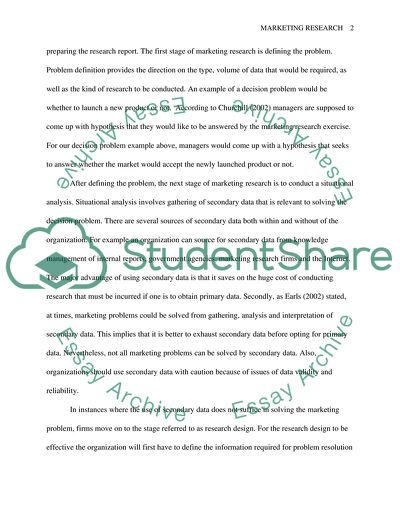Cite this document
(The Fragmentation and Specialization in Marketing Research Paper, n.d.)
The Fragmentation and Specialization in Marketing Research Paper. Retrieved from https://studentshare.org/marketing/1746582-marketing-research
The Fragmentation and Specialization in Marketing Research Paper. Retrieved from https://studentshare.org/marketing/1746582-marketing-research
(The Fragmentation and Specialization in Marketing Research Paper)
The Fragmentation and Specialization in Marketing Research Paper. https://studentshare.org/marketing/1746582-marketing-research.
The Fragmentation and Specialization in Marketing Research Paper. https://studentshare.org/marketing/1746582-marketing-research.
“The Fragmentation and Specialization in Marketing Research Paper”, n.d. https://studentshare.org/marketing/1746582-marketing-research.


